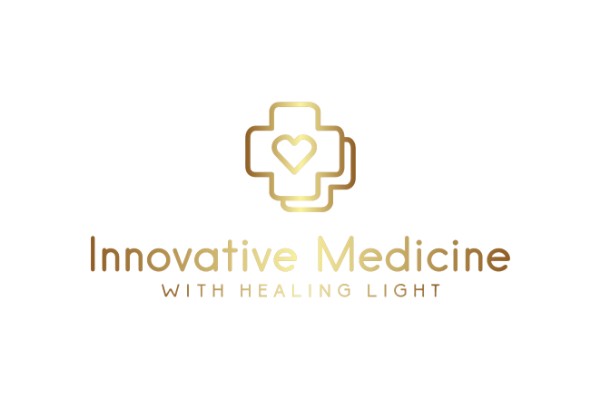Vitamin A which is also known as retinol, because it is retinoic acid, is an essential nutrient for the body’s health, mainly to have good eyesight. Vitamin a is good for growth, cell division, the heart, lungs, the kidneys, among other functions that make it essential for a healthy life, both for children and adults.
It is important to note that it is a fat-soluble vitamin that the body acquires through the food we consume, and although you can find it as a supplement, the simplest way is to include it organically by including foods that naturally contain it in your diet.
Food Sources
Retinol is found in a wide variety of foods:
- Vegetables (green leafy), fruits (especially green, orange or yellow, such as melon or mango) and vegetables (broccoli, carrot, zucchini).
- Dairy products.
- Beef and poultry: beef or chicken liver has a high amount, for example.
- Some types of fish, such as salmon or cod.
- Fortified cereals.
Besides, it can also be obtained through vitamin supplements. The most common are retinyl acetate, retinyl palmitate, beta-carotene, or combinations of preformed Retinol and pro-vitamin A.
The recommended amounts of retinol/vitamin A:
- From one to six years: 400 micrograms.
- From seven to ten years: 500 micrograms.
- From 11 to 14 years: 600 micrograms.
- Men 15 years and older: 700 micrograms.
- Women 15 years and older: 600 micrograms.
- Pregnant women: 700 micrograms.
- Lactating women: 700 micrograms.
People with certain conditions may need an additional supplement of this vitamin:
- Celiacs, since having fat absorption problems, they may not assimilate the minimum amount necessary.
- People with cystic fibrosis because retinol/vitamin A promotes recovery from the treatment of intestinal problems caused by the disease.
- Premature babies who usually show low levels during the first year of life.
Four things Vitamin A is good for
- Aids in the formation of red blood cells – Vitamin A is necessary for the formation of red blood cells and also contributes to the normal metabolism of iron. Vitamin A deficiency affects the availability of iron. This can cause different ailments, such as anemia and diseases related to the body’s lack of iron.
- Maintains the skin and mucous membranes – Vitamin A is good for the immune system’s proper functioning and the maintenance of the skin and mucous membranes. The mucous membranes and skin act as a barrier against foreign agents, bacteria, or viruses. Vitamin A plays an important role in the formation of T lymphocytes and offers protection against photosensitization, which prevents skin diseases from developing due to the sun or the environment in general.
- Help growth – Retinol and retinoic acid are involved in growth and have been found to regulate the expression of the growth hormone gene. It is known that vitamin A is good for genes and helps the growth and proper development of the body.
- Antioxidant capacity – Do not forget the antioxidant capacity of vitamin A and its action on the metabolism of sexual and adrenal hormones. It has a higher antioxidant capacity than other vitamins.
Precautions
Fat-soluble vitamins are stored in body fat, and unlike water-soluble vitamins, which are removed relatively quickly, vitamin A is stored. On the one hand, it is advantageous since it does not have to be consumed every day, but if it is taken in doses greater than 3,000 µg per day, it can cause hypervitaminosis.
This condition occurs only in the case of consuming the preformed vitamin and does not occur in the case of consuming carotenoids. Vitamin A is more easily absorbed and eliminated with greater difficulty than carotenoids. Beta-carotene is a precursor to vitamin A, which means that it can be converted to vitamin A, but it does so without the toxicity risks of vitamin A.
Many experts have suggested using a combination of vitamin A and its pro-vitamin (beta-carotene) to avoid vitamin A toxicity and maintain adequate vitamin levels. Pregnant women should consume sufficient amounts of vitamin A.
Although rare, acute vitamin A toxicity causes nausea, headache, fatigue, loss of appetite, dry skin, and brain swelling. Chronic toxicity has similar symptoms and, in severe cases, can lead to liver damage, bleeding, and in worst cases, coma. For these damages to occur, it is usually necessary to reach doses of 10,000 µg to 25,000 µg per day.
Deficiency
Deficiency is not a concern for people who eat a varied diet with a sufficient intake of foods rich in vitamin A and vegetables rich in beta-carotene. However, vegetarians, children, alcoholics, and pathological situations with high catabolism or that reduce vitamin A absorption should be especially careful.
Even mild vitamin A deficiencies can lead to visual impairment, including night blindness and tired eyes, cataracts, macular degeneration, dry skin, and decreased resistance to infection. Serious deficiencies can lead to atrophy of the thymus and spleen, weak bones, fatigue, insomnia, and increased risk of pathologies such as cancer and cardiovascular disease.


